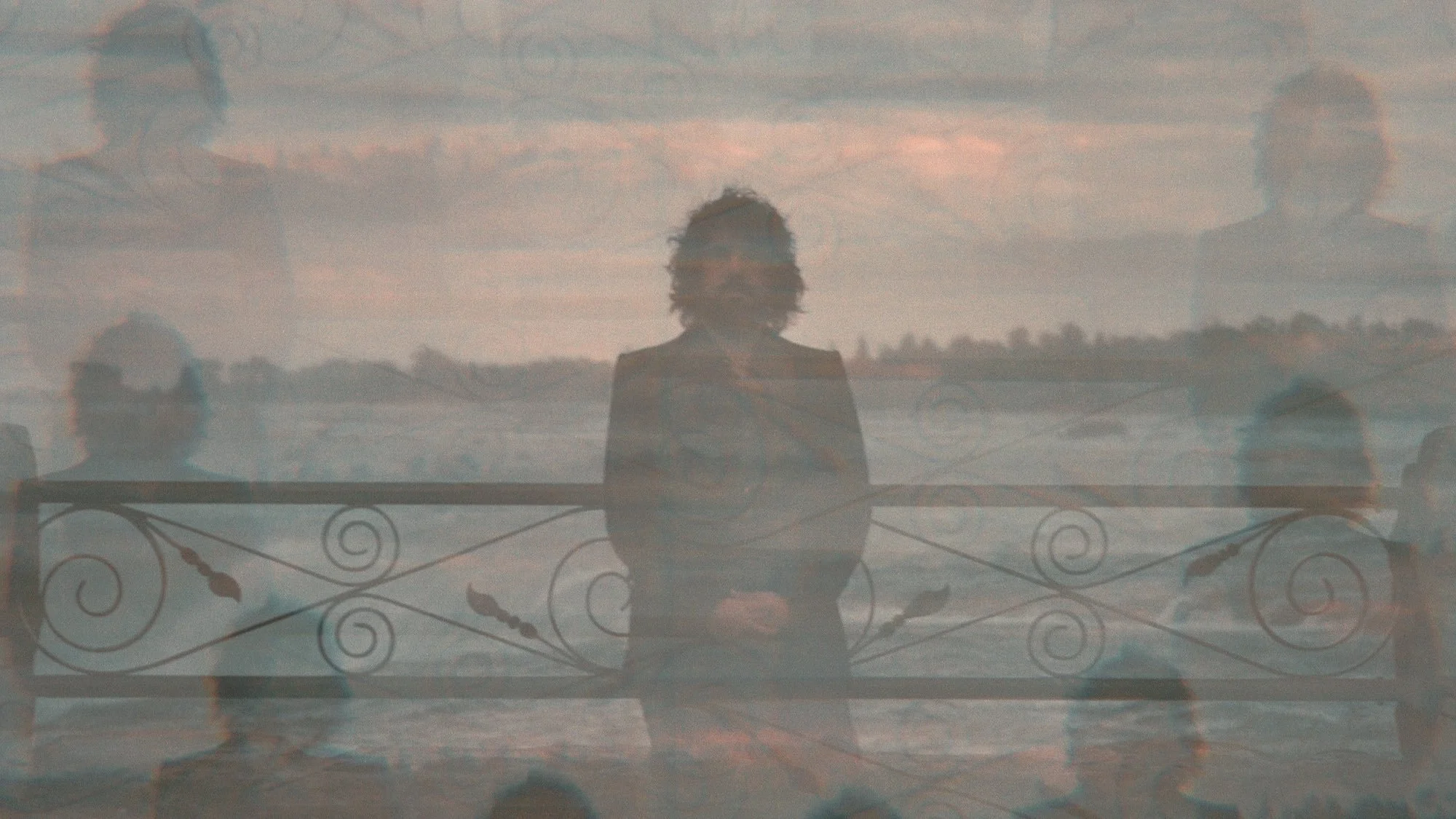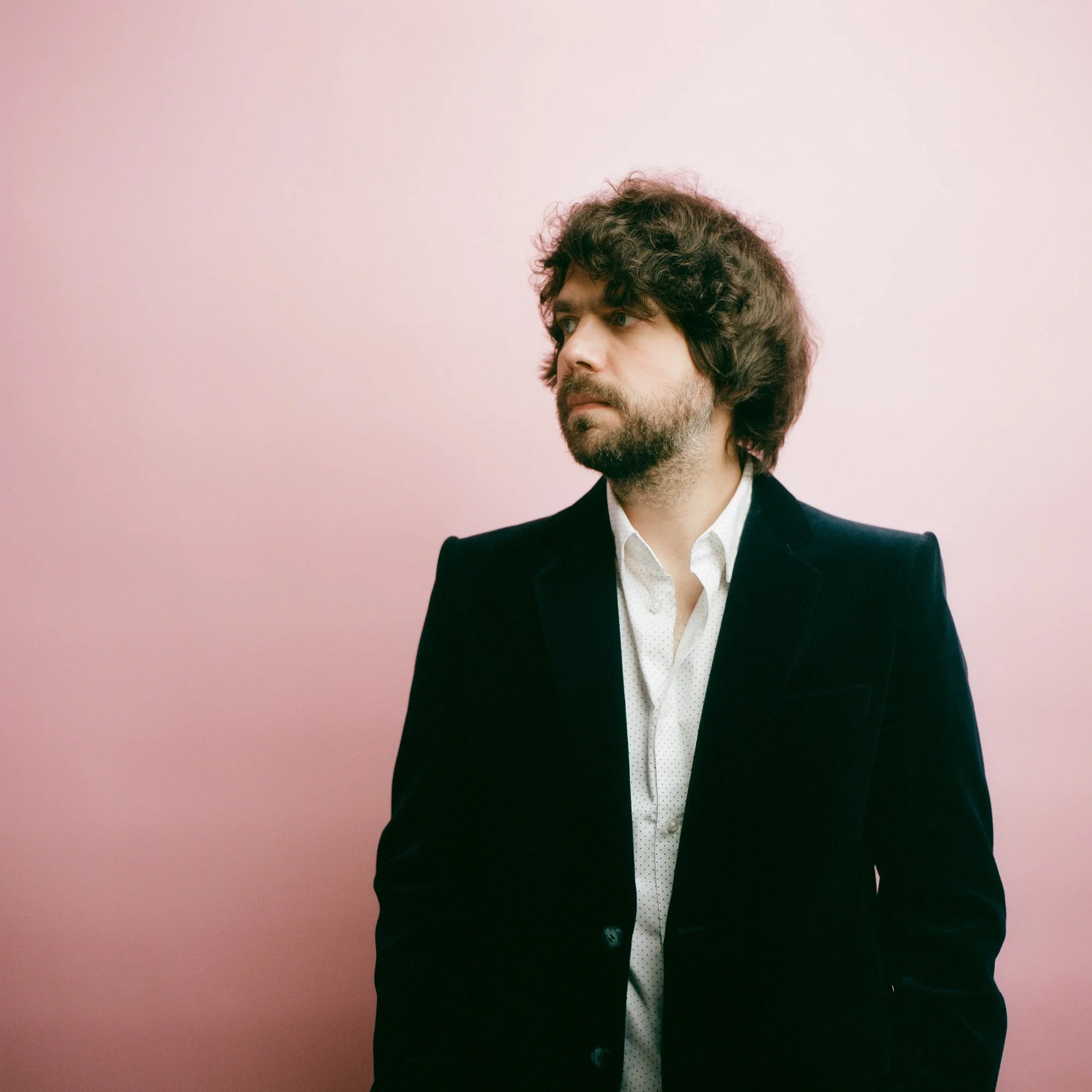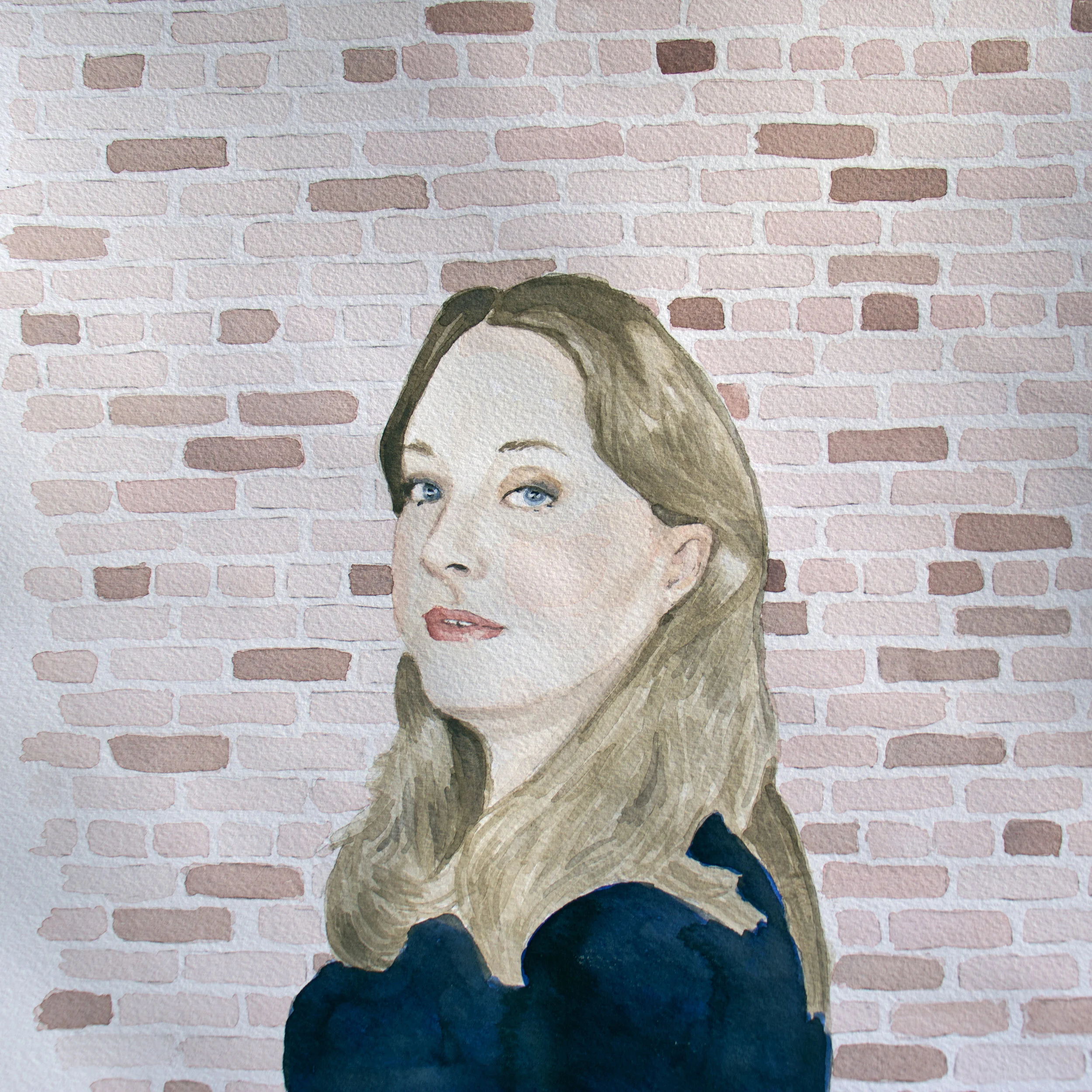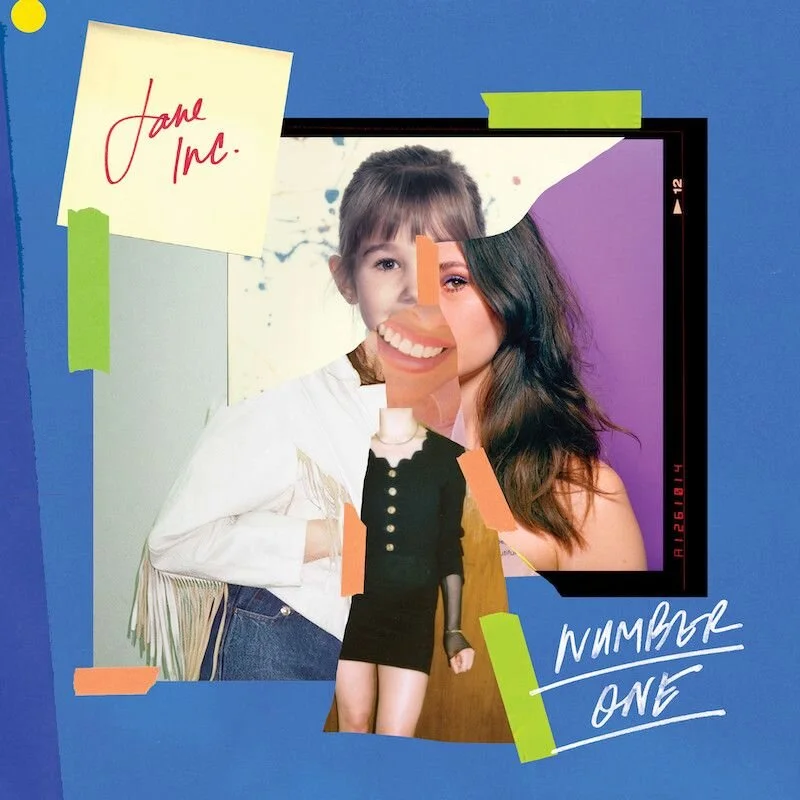Also Cool's Project Nowhere 2024 Top Picks (Toronto)
Also Cool has landed in Toronto! This time we’re covering the second edition of west-end fest Project Nowhere, taking west Dundas by storm with its “cosmic array of underground legends, modern vanguards and exciting up-and-coming talent from Toronto and beyond,” from October 3rd-5th, 2024. Based on this year’s lineup, it sounds like this project ain’t going anywhere. We did a deep dive into Project Nowhere’s curation and have hand-picked a collection of AC-certified top picks. After taking in the first night, discover new music with us and take a peek at just some of the acts that will guide us through the rest of the weekend.
Leah Singer and Lee Ranaldo, credit Frey Ranaldo
Leah Singer and Lee Ranaldo, from the archives via S8cinema
Partners in life and music, Leah Singer and Lee Ranaldo have been collaborating on evolving image and sound installations since the early 90s. The pair’s immersive performance sees Singer casting projections of live 16mm film manipulations alongside improvised, droning guitar from Sonic Youth founding member Ranaldo. Cornerstone to the duo’s shadow play is Lee’s electric guitar swinging from the ceiling, suspended like a pendulum.
Leah Singer and Lee Ranaldo play St. Anne’s Parish Hall on Friday, October 4th. Doors at 8:00pm.
God’s Mom, credit Jacopo Paglione
After seeing their electrifying chainmail-clad performance at Le Système in Montreal, we can’t wait to see God’s Mom, especially with new music on the way. Their latest single Maddalena is a taste of what’s to come, playful, dancey, and synthy.
God’s Mom plays The Garrison on Friday, October 4th. Doors at 8:30pm.
Pelada, credit Hendrik Schneider
Montreal’s beloved electro-punk duo Pelada are bidding farewell on their final tour, but not before one last rager. Composed of singer Chris Vargas and producer Tobias Rochman, Pelada just tore up the fall edition of Debaser’s Pique festival in Ottawa this past weekend. Promising to draw you into their world of hardcore, synth-based justice anthems, Pelada will spit you out, begging for more. Hear songs from their Polaris long-list nominated album Ahora Más Que Nunca before the pair’s sweaty sound becomes that of raver ephemera.
Pelada plays The Garrison on Friday, October 4th. Doors at 8:30pm.
SORB via Bandcamp
Toronto-based Farsi electronic duo SORB infuses genres of the underground—Industrial Techno, Dub, Gabber and others—with influences from Kurdish and Iranian music to rebel against the powers that be with confrontational rhythms. Channeling their rage towards experiences of exile, police brutality, facism and living under an authoritarian regime, SORB fosters a space to imagine collective hope on the dancefloor.
SORB plays their final Toronto show at The Garrison on Friday, October 4th. Doors at 8:30pm.
Moon King via Bandcamp
Between his straight-up excellent curation and hybrid live-DJ sets, Montreal’s Moon King always keeps our toes tapping. Check out his collaborative track “Turning (Inside Out)” with Visors for a taste of what’s to come!
Moon King DJs Bambi’s, Friday October 4th, 2024. Doors at 9:00pm.
Y’KNOW via Bandcamp
Toronto duo Y’KNOW beam us into the silvery universe of Spiritual World with their digital downbeat deliciousness. Featuring Bally and M1_Sound (half of Toronto based dub post punk band UH HUH), Y’KNOW cooks up funky splendor with syrupy vocals, dubby depths, galactic sound effects and an effortless je ne sais quoi that evokes coolness from another realm.
Y’KNOW plays BSMT254 on Friday, October 4th. Doors at 9:00pm.
Crasher via Bandcamp
Always powerful and kind of spooky, Crasher is our favourite Bandcamp-only band. Catching this trio is always a treat, blending strange dark wave, leaning on the electronic side, with DIY grunge punk grit.
Crasher plays BSMT254 on Saturday, October 5th. Doors at 10:30pm.







































